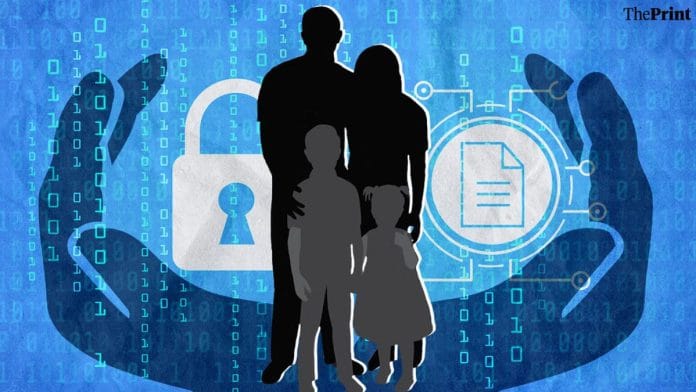Thank you dear subscribers, we are overwhelmed with your response.
Your Turn is a unique section from ThePrint featuring points of view from its subscribers. If you are a subscriber, have a point of view, please send it to us. If not, do subscribe here: https://theprint.in/subscribe/
Around 10 years back I worked with the UK’s Home Office on a report involving the TalkTalk data hacking scandal that rocked British airwaves [1]. My job was to analyze public opinion about Talk Talk on social media conversations using AI tools. Working with the Home Office Science Advisory Council [2], I felt that the British government was discussing scenarios that were beyond the public imagination of that time, including the importance they were giving to data privacy, data storage and the risks digital systems pose in influencing public moods and sentiments.
My inclusion to analyze digital media using AI tools was quite bold on the part of a governmental bureaucracy, which – given my experiences in my own country of India – I had often found to be old, stale and stuck in a decade prior.
A lot of water has flowed through the Thames and Ganges from then till now, but the idea of data privacy struck me hard on my recent visit to India. My father was admitted to the hospital, and as part of the insurance reimbursement we had to send documentation to what they call an insurance third-party administrator (TPA). The insurance company asked for all sensitive health-related documents, which I was told were required to avoid fraud.
I did what was asked, but before sending, I enquired whether we would get our files back because of the sensitive health information they contained – something that would have been expected in Europe. Everyone stared at me and then started laughing aloud. I realized that data privacy was not even a concept that they knew or cared about – though the same guys were overheard complaining about the increasing menace of junk calls that knew their names and family addresses!
A few days later, one of my acquaintances told me that data files sent to various organizations in India are often available for a minuscule fee to data hoarders. If I wanted, he could find some.
That reminded me of another instance a few years back where I had to literally fight with a photocopy shop vendor who scanned my Aadhaar card, which I had to give him in order to get a photocopy. When I asked him to delete my Aadhaar card’s scan from his computer, he started arguing with me! Certainly, data is oil – and no one knows it better than your Xerox wala!
Disrespect for data privacy is not limited to small photocopy shops. Some of the biggest corporations in India can be found floundering on their commitments around data usage, keeping data private and protecting it from untoward usage. If you ever travel to Europe, try opening any of India’s travel websites. The majority don’t open in Europe, and one of the biggest reasons is that most Indian companies simply cannot adhere to the strict data privacy laws of Europe.
Indian consumer data is being used, sold and resold in ways most of us are not even aware of. And while we might think of concerns about data privacy as a first-world – or say a European – tantrum, in an increasingly digitized world, the effects of a lack of data hygiene will show up in amplitudes that neither the Indian government can comprehend nor Indian consumers are able to imagine.
It’s a “chalta hai” attitude that I fear could lead to major socio-economic disasters in coming years.
PS. India to date has no proper data privacy laws. While there are ongoing discussions to bring one soon – maybe in an Indian five minutes! – it’s a long way off judging from the way that the Indian system has acted on privacy laws.
These pieces are being published as they have been received – they have not been edited/fact-checked by ThePrint.


